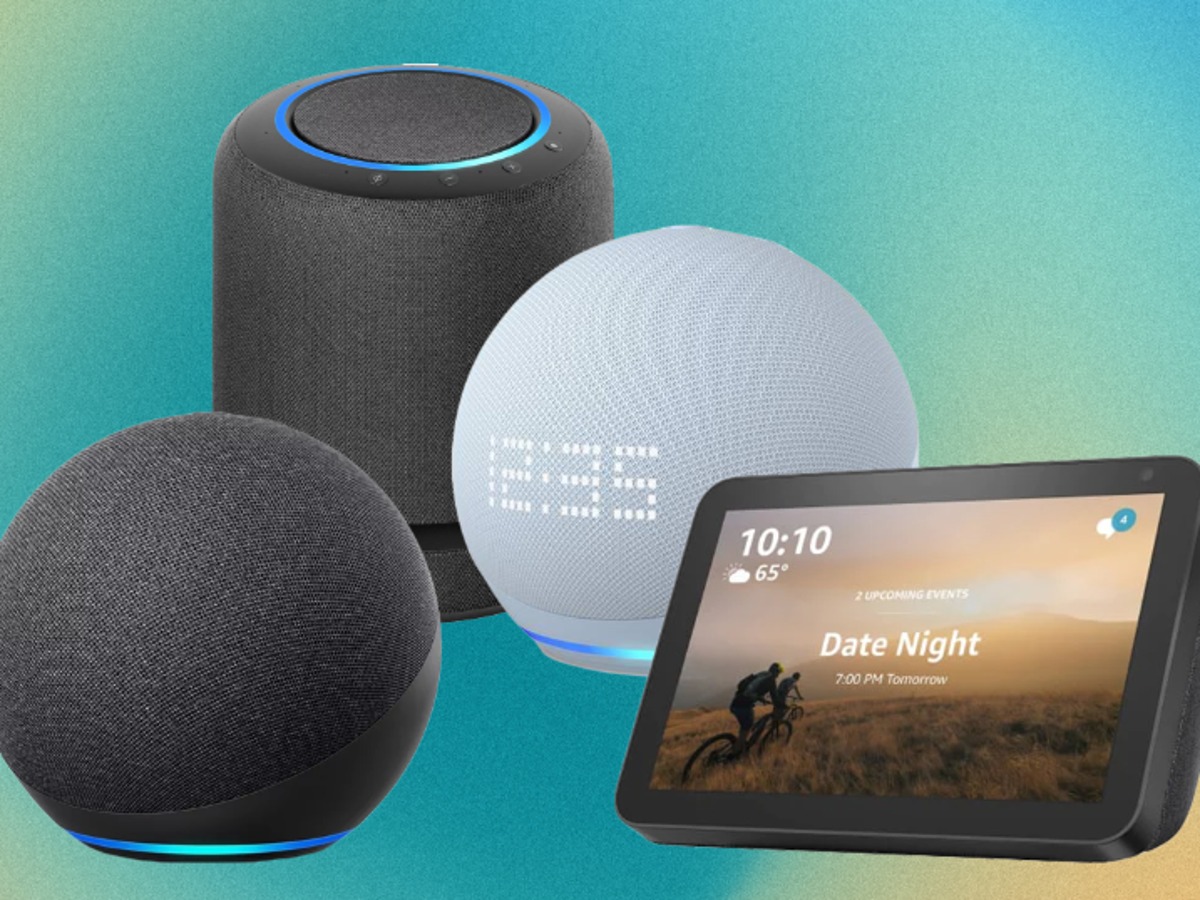
Voice-activated technology is becoming more common in hotels, offering guests convenient, contactless ways to interact with their room and request services. Systems built to support Alexa Smart Properties provide custom experiences explicitly designed for the hospitality environment, letting guests ask for towels, control lights, or request directions without picking up the phone.
This doesn’t mean voice tech replaces human staff. Tasks requiring judgment, empathy, or custom recommendations still rely on concierges. However, by handling quick requests and fundamental interactions, Alexa hospitality systems help free up staff to focus on more detailed guest services.
What voice assistants can do in guest rooms right now
Hotels that deploy Alexa hospitality systems can activate a range of guest-facing functions. These include:
- Room control (lighting, thermostat, TV)
- Guest service requests (extra pillows, housekeeping, luggage help)
- Hotel information (check-out time, Wi-Fi password)
- Local recommendations (restaurants, shops, directions)
- Alarms, timers, and music
These capabilities allow guests to get what they need without calling the front desk or using an app. It also reduces the repetitive requests that hotel teams have to process manually. When implemented correctly, these tasks are handled instantly and accurately, improving speed without removing the human element entirely.
Limitations that keep concierges relevant
Despite the usefulness of Alexa Smart Properties integration in rooms, the concierge desk still plays a vital role in the guest experience. Guests still want tailored recommendations, help with special requests, and local expertise. Voice systems are not built to evaluate a guest’s tone, mood, or urgency. They can’t negotiate with restaurants for last-minute bookings or answer nuanced questions about accessibility or special events.
While voice tech supports fast service, it is not yet capable of that level of personalization and doesn’t adapt well to situations needing empathy or custom decision-making.
How hotels are using Alexa to streamline internal workflows
Beyond guest-facing tools, hotels also use voice tech to support internal service delivery. When a guest requests to use the device, it automatically updates the hotel’s task system. Housekeeping, maintenance, or front desk staff receive the alert in real time, often with fewer delays than a phone-based process.
This reduces miscommunication and speeds up service resolution. Instead of writing down notes or relaying messages across departments, the request routes directly to the right team. In some hotels, this integration connects to the property management system, allowing requests to be tied to specific rooms and tracked for future performance review.
Alexa Smart Properties supports these back-end integrations, making the system more than a guest convenience; it also becomes part of the hotel’s operations framework.
Considerations for security and guest privacy
Deploying voice technology in hotels brings clear benefits, but hotels must also manage privacy expectations. Guests should know what data is collected, how long it is stored, and how to disable or mute devices. In most cases, hospitality-focused systems don’t store personal data or link to guests’ Amazon accounts. However, transparency is still essential.
Hotels using Alexa Hospitality should:
- Clearly explain voice features during check-in
- Place visual indicators on devices when active
- Offer mute options or let guests opt out entirely
- Avoid storing or reviewing voice recordings
Providing clear information builds trust. Even if guests choose not to use the system, they’re less likely to feel uneasy about its presence.
Why adoption is growing among select hotel types
Voice tech adoption isn’t uniform across the industry. Upscale business hotels, tech-forward boutique properties, and hotels catering to remote workers tend to adopt earlier. These guests already use smart devices at home and expect similar functionality during travel.
Hotels targeting younger, digitally fluent travelers see Alexa Smart Properties as a way to meet modern expectations without overextending staff.
What the future looks like
Voice tech in hotels will likely expand into more personalized territory. Integration with loyalty programs, multi-language support, and improved AI responses will allow systems to offer more relevant information and better adapt to different types of guests.
Even as Alexa hospitality tools grow in capability, complete replacement of human concierge staff remains unlikely. Guests will continue to rely on people for emotional intelligence, personalized attention, and problem-solving. The future of hospitality combines both; voice technology handles routine tasks while staff focus on high-impact interactions. Hotels that strike that balance can offer faster service, fewer delays, and a better overall experience.
The goal isn’t to replace concierges, it’s to support them by removing low-priority, repetitive work and giving guests more control over their experience.